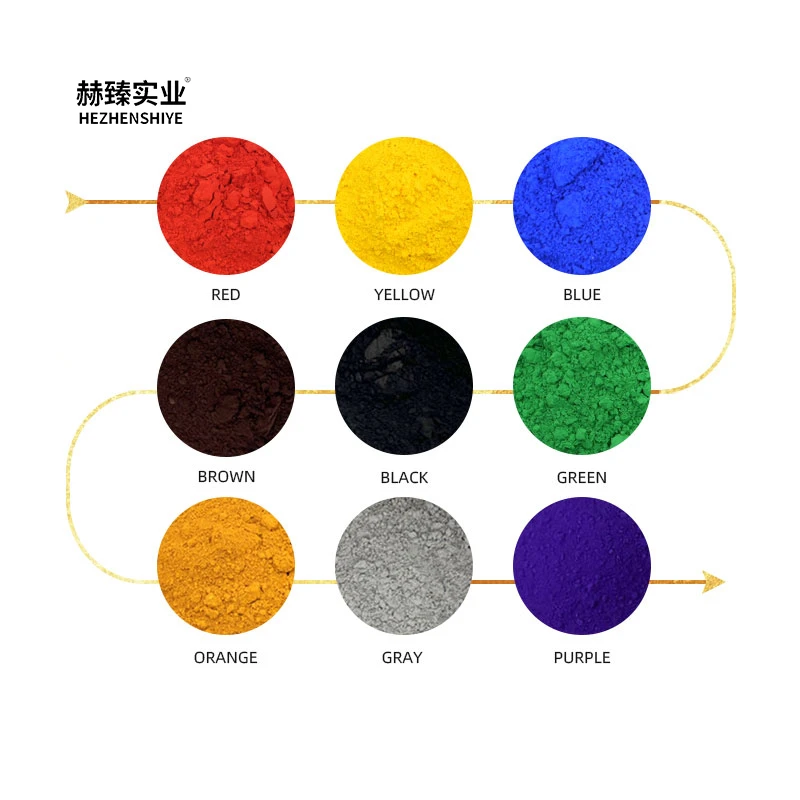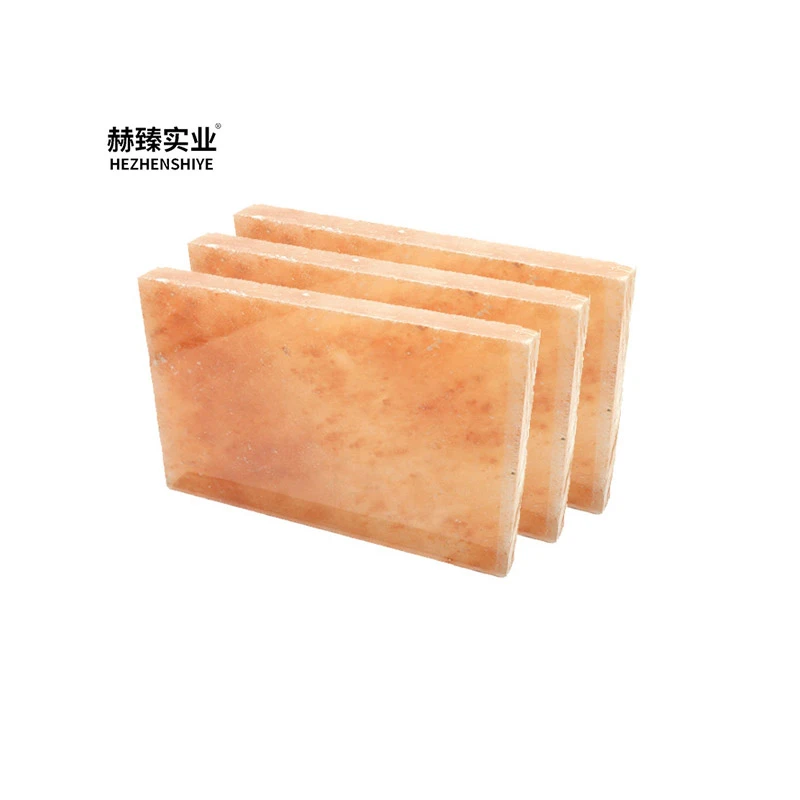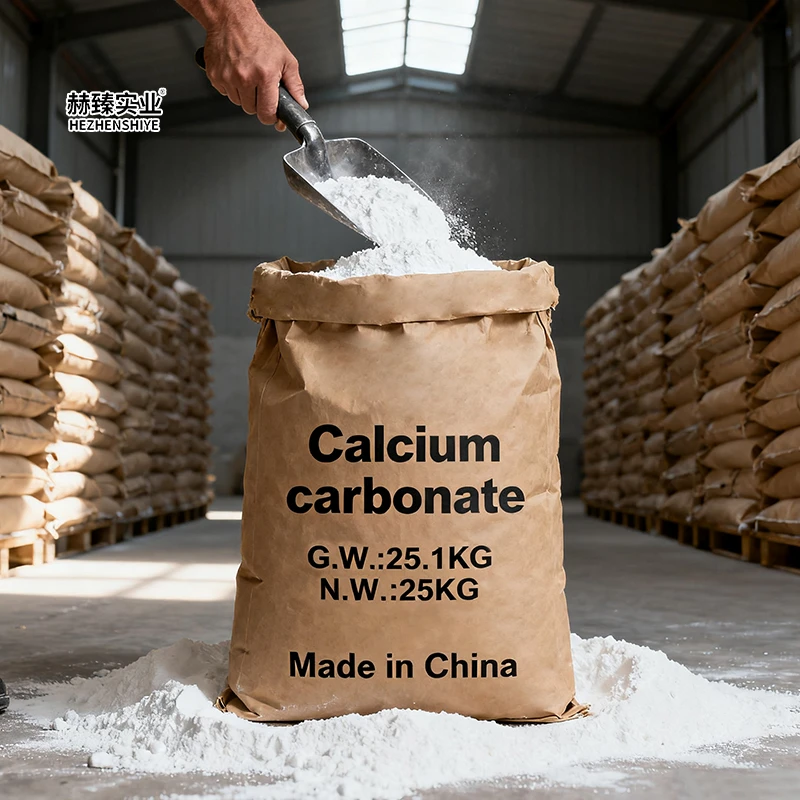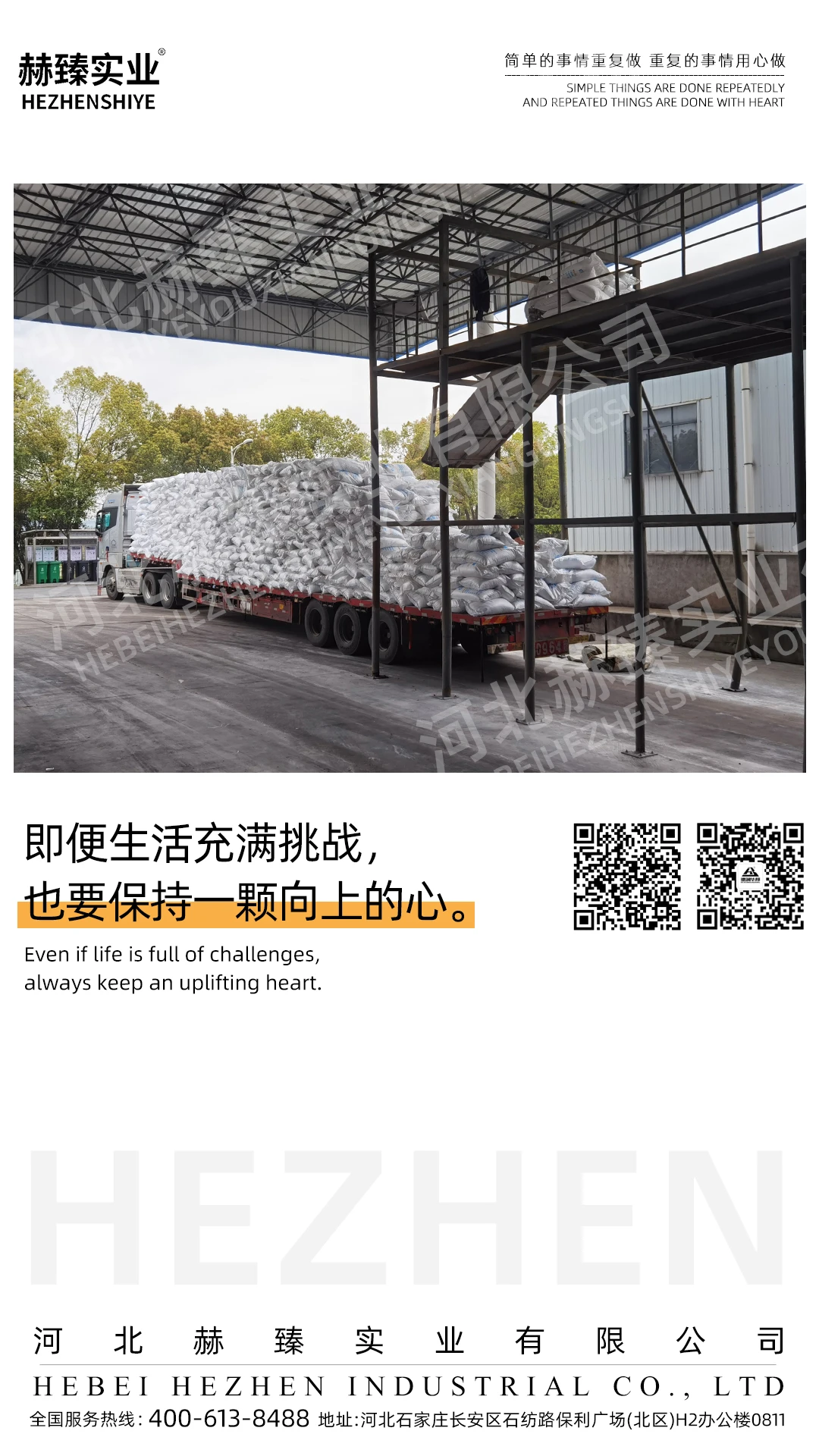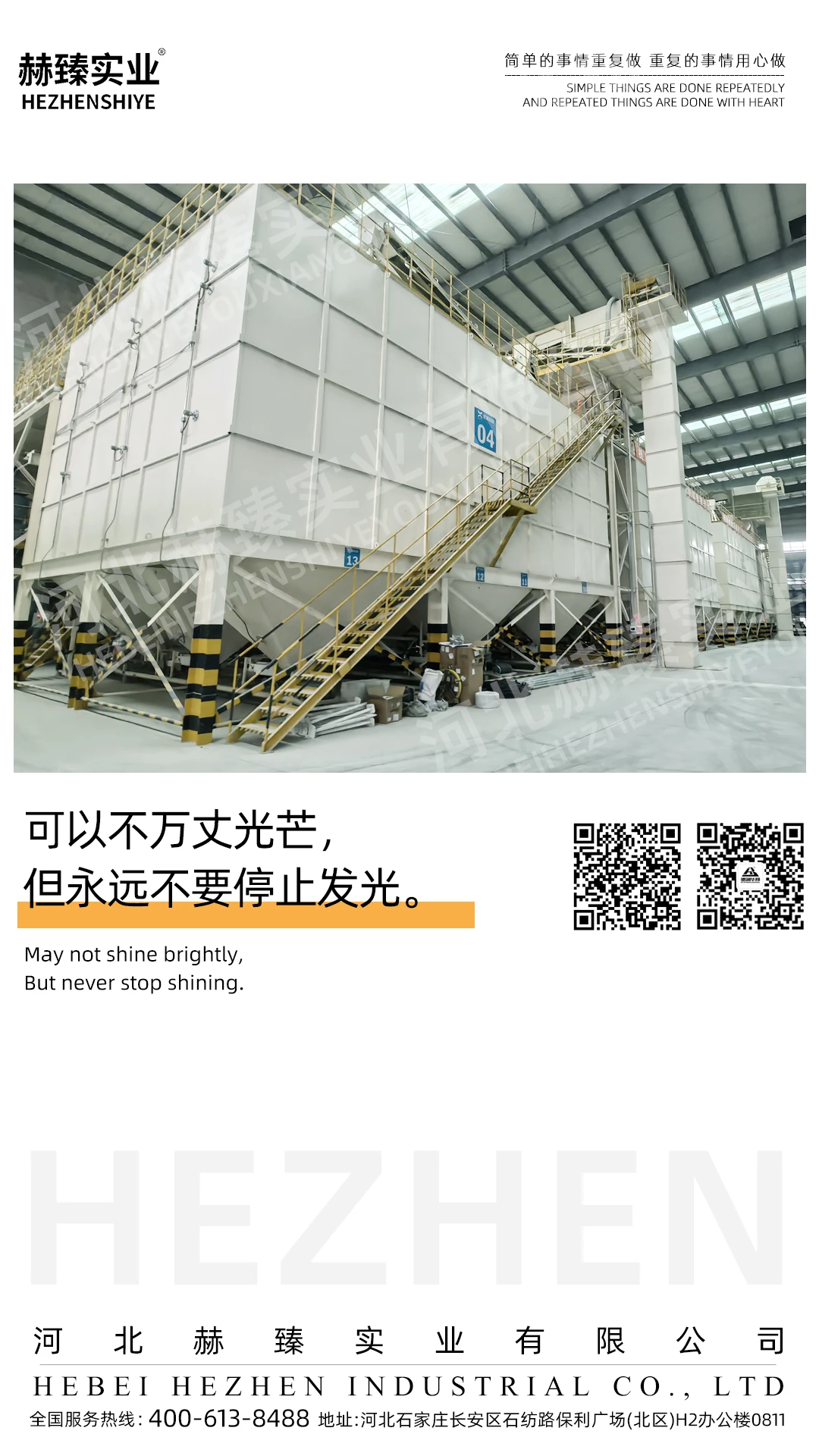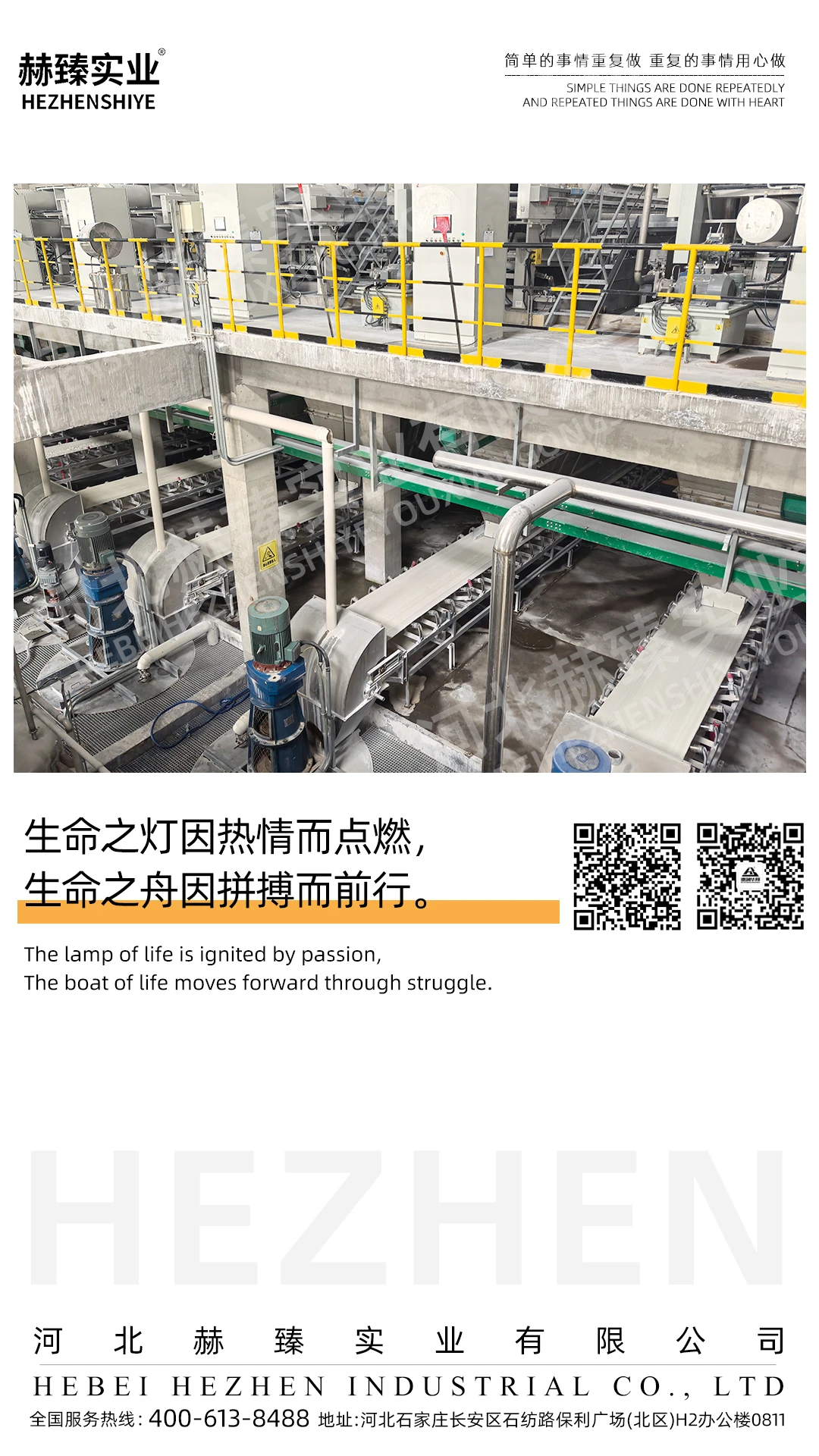Bentonite powder for asphalt road material industrial coating filling textile dyeing filler and plastic product reinforcement with durable and adhesive properties
2025.11.07
Bentonite Powder is essential industrial auxiliary that serves diverse and critical purposes in asphalt road material production, industrial coating filling, textile dyeing filler applications and plastic product reinforcement. Derived from natural clay minerals and processed into fine, uniform powder, it is equipped with exceptional durable and adhesive properties that set it apart from common industrial additives. This natural mineral powder has firmly established itself as integral part of manufacturing and construction processes across multiple sectors, providing targeted solutions that significantly enhance product performance, extend service life and boost overall operational efficiency in these critical industries.
In asphalt road material, bentonite powder plays irreplaceable crucial role in improving core quality and long-term durability of asphalt pavements. Unlike ordinary fillers that merely increase volume, it integrates seamlessly into asphalt mixtures through its fine particle size, mixing uniformly with bitumen and aggregates to form robust reinforcing network. This network effectively enhances tensile strength and fatigue resistance of asphalt, enabling it to withstand repeated stress from heavy traffic loads without permanent deformation. Asphalt road materials formulated with bentonite powder demonstrate remarkable improved resistance to rutting caused by high temperatures, cracking from freeze-thaw cycles and aging due to prolonged sunlight exposure—even in extreme climatic conditions ranging from scorching deserts to cold, snowy regions. Beyond reinforcement, bentonite powder’s inherent adhesive properties strengthen bond between asphalt and aggregates, a key factor in preventing layer separation that often leads to premature pavement failure. This ensures stable, cohesive pavement structure that maintains integrity over years. Additionally, it acts as temperature regulator, reducing temperature susceptibility of asphalt to make it more adaptable to sudden weather changes. For construction companies, this translates to extended service life of asphalt roads—often increasing lifespan by 30% or more—and significantly reduced maintenance frequency, resulting in substantial long-term cost savings on repair and reconstruction projects.
Industrial coating filling benefits greatly from strategic incorporation of bentonite powder, which enhances both functional performance and application efficiency of coatings. Its ultra-fine particle size allows it to disperse smoothly and evenly within various coating formulations—whether solvent-based or water-based—without forming clumps or creating uneven texture. As it fills tiny gaps and surface irregularities in the coating matrix, it forms dense and uniform film that acts as barrier against external damage. Filled industrial coatings exhibit notably improved scratch resistance, able to withstand accidental impacts and routine abrasion in busy industrial settings. They also gain enhanced chemical resistance, standing up to exposure to oils, solvents and industrial chemicals that would degrade ordinary coatings. Bentonite powder’s strong adhesive properties further boost coating performance by enhancing adhesion to diverse substrates such as metal machinery, concrete walls, plastic components and steel pipelines. This ensures tight, long-lasting bond that prevents peeling, flaking or blistering even in high-humidity or temperature-fluctuating environments. Such enhanced coatings are ideal for application on industrial equipment, fluid-carrying pipelines, large storage tanks and structural components that require reliable long-term protection. Additionally, its natural weather-resistant characteristics improve outdoor durability of industrial coatings, ensuring they maintain their protective performance and professional appearance over years of exposure to rain, wind and sunlight.
Textile dyeing filler applications fully leverage unique adhesive and dispersive properties of bentonite powder to address common dyeing challenges and elevate overall dyeing quality. In traditional dyeing processes, uneven dye distribution and poor color fastness are persistent issues that lead to high defect rates. Bentonite powder resolves these problems by acting as dual-function filler and dispersant: it enhances dye absorption by textile fibers through creating micro-porous structure on fiber surfaces, ensuring every fiber absorbs dye uniformly for consistent color distribution across entire fabric batches. Its adhesive nature allows it to adhere firmly to fabric surfaces, forming smooth, even base that guides dyes to penetrate evenly without pooling or streaking. This meticulous distribution significantly reduces color variation between different rolls or batches of textiles, a critical factor for brands maintaining consistent product lines. Moreover, the bond formed between bentonite powder, fibers and dyes dramatically improves color fastness—dyed textiles treated with this powder resist fading even after repeated washing, exposure to sunlight or industrial laundering processes. For manufacturers, this translates to fewer defective products and higher customer satisfaction. Additionally, bentonite powder’s high dye-fixing efficiency can reduce amount of dye required by up to 20%, lowering raw material costs while minimizing dye content in wastewater. This aligns with increasingly strict environmental regulations and eco-friendly production trends. These advantages make it ideal for use in dyeing of diverse textile products, including heavy-duty industrial cloth, fashion clothing, household home textiles and decorative fabrics.
Plastic product reinforcement heavily relies on superior durable and reinforcing properties of bentonite powder to transform basic plastic materials into high-performance products. Unlike synthetic reinforcing agents that may compromise plastic flexibility, bentonite powder disperses evenly within various plastic matrices—including polyethylene, polypropylene and engineering plastics—through advanced mixing processes. It forms interconnected reinforcing network that acts as internal skeleton, significantly improving tensile strength to prevent stretching, impact resistance to withstand sudden shocks and heat stability to endure high-temperature processing and use. Reinforced plastic products containing bentonite powder are notably more durable, able to withstand continuous stress, daily wear and elevated temperatures without cracking, warping or breaking. This makes them suitable for wide range of demanding applications: industrial plastic parts that endure mechanical stress, electronic casings that protect sensitive components, automotive interior components that withstand temperature changes and heavy-duty packaging materials that secure goods during transportation. Beyond strength, bentonite powder enhances dimensional stability of plastics, a key advantage in precision manufacturing. It reduces shrinkage and warping during injection molding or extrusion processes, ensuring each plastic product meets strict size and shape specifications with minimal variation. Additionally, its ultra-fine particle size contributes to smoother, more uniform surface finish of plastic products, eliminating rough spots or surface defects and enhancing their aesthetic appeal—an important factor for consumer-facing products.
Bentonite powder’s widespread popularity and growing adoption in these industries are further enhanced by its array of additional competitive advantages that address modern manufacturing needs. Its 100% natural composition—derived from non-toxic clay minerals—makes it environmentally friendly, a critical attribute as global industries shift toward sustainable and eco-conscious production practices. It is free from harmful substances, ensuring compliance with international environmental standards and reducing ecological impact of manufacturing processes. Abundant global deposits, spanning regions across Asia, Europe and Americas, ensure stable, uninterrupted supply even for large-scale production demands. This supply stability, combined with mature processing technologies, keeps pricing competitive compared to synthetic alternatives, making it cost-effective choice for both small businesses and large industrial enterprises. Its exceptional compatibility with various materials and formulations—from asphalt and coatings to textiles and plastics—allows manufacturers to integrate it across multiple product lines without investing in new equipment or modifying existing processes. This versatility streamlines inventory management by reducing need for multiple specialized additives and simplifies production workflows. For manufacturers and construction companies seeking to enhance product durability, improve quality consistency, reduce operational costs and meet sustainability goals, bentonite powder proves to be invaluable, reliable and future-proof industrial material.
Whether integrated into asphalt road materials to boost longevity and reduce maintenance, mixed into industrial coating filling to improve protective performance and substrate adhesion, used as textile dyeing filler to enhance color uniformity and fastness, or added to plastic product reinforcement to increase strength and precision, bentonite powder consistently delivers exceptional, measurable results across diverse applications. Its unique combination of natural durability, strong adhesive properties, versatile compatibility and environmental sustainability—paired with economic advantages—positions it as key component in modern industrial and construction practices. As industries continue to demand higher-performing, more sustainable materials, bentonite powder’s role is set to expand further, solidifying its status as indispensable auxiliary for businesses aiming to stay competitive in dynamic global markets.






